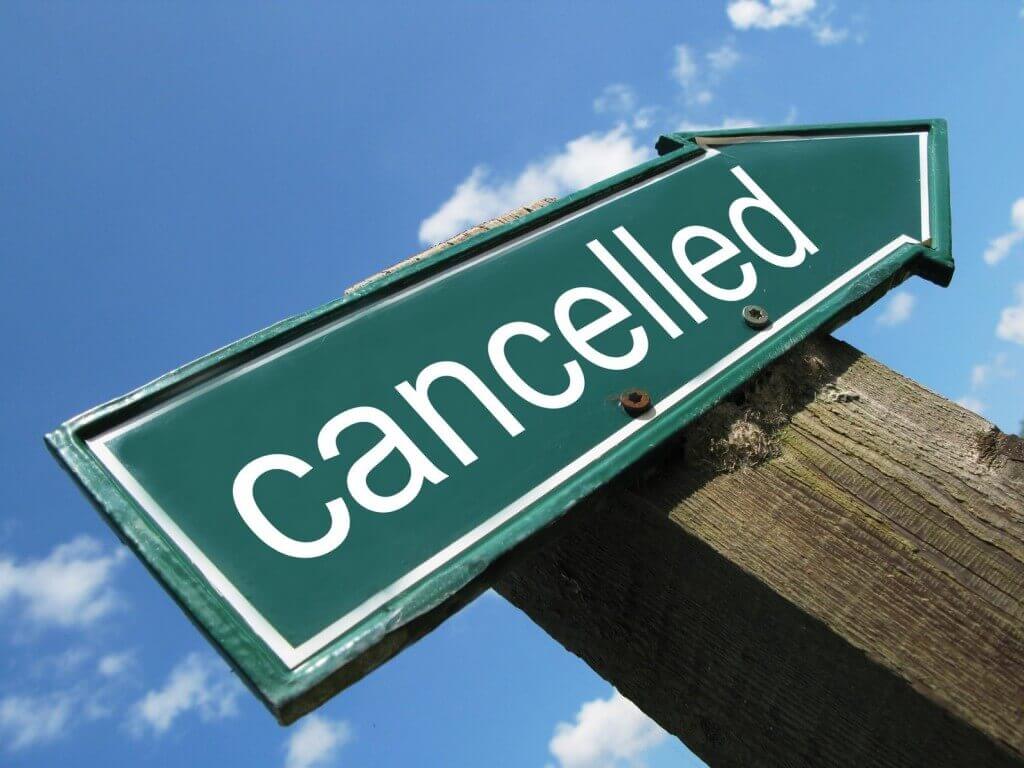
The hotel industry has always been fairly generous with its cancellation policies. Until recently, the majority of hotels would allow guests to cancel their reservation without penalty until 6 p.m. on day of arrival. Customers appreciated it, but last-minute cancellations were always a burden on the hotel, especially on the person in charge of filling those lost rooms.
One of the few options for hoteliers to fill late-vacated rooms is to sell the inventory on discounted channels and recover only a portion of the initial reservation. Today, with the availability of more comprehensive data sources, including cancellation information, there is increased scrutiny over just how much cancellations are costing hotel owners.
Earlier this week during an earnings call with analysts, John Arabia, CEO of Sunstone Hotel Investors, a REIT that owns 28 hotels, blamed the hotel industry’s inability to grow Average Daily Rate partially on a “self-inflicted wound,” inferring the industry is mismanaging cancellation policies. He said hotels are giving travelers “free options” by allowing them to book a room, wait to see if rates drop all the way up until day of arrival, and then cancel and rebook.
“Simply put, the free optionality provided to hotel consumers is weighing on our profits and needs to be changed,” Arabia said. “Our sister industries, including airlines, cruise lines and casinos, have done a far better job in charging for the product at the time the reservation is made or charging material cancellation fees for the option to change plans.”
A sample of the more than 1,000 hotel and casino properties using Duetto’s Revenue Strategy solution, GameChanger, recorded an average of about 16 canceled rooms per day between January and July.
By day of week, Tuesday shows the least amount of cancellations at an average of 14.3 per hotel, and Friday the most with an average of 20.1 canceled rooms per hotel.
Read rest of the article at Duetto Research




